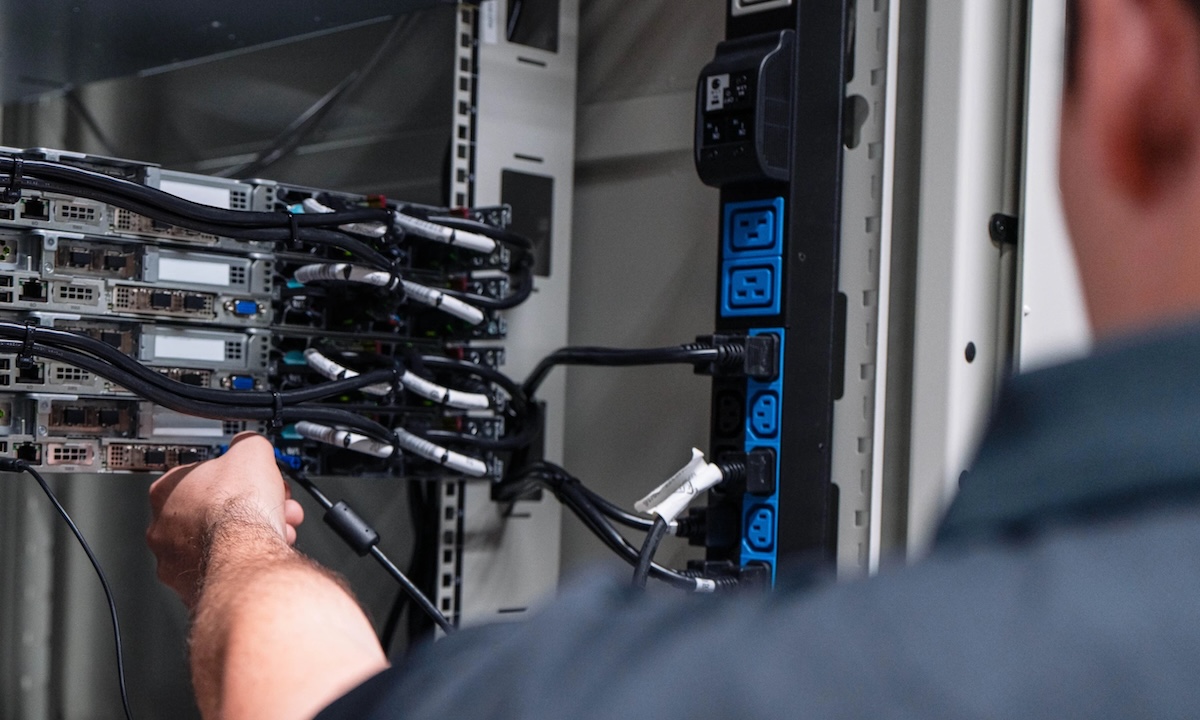Tech peak body NZTech Group has called for the formation of a Data Centre Industry Ministerial Advisory Group to bring together data centre operators, electricity providers and government policymakers. The group would work to streamline planning, consenting, and grid access; accelerate renewable energy supply; and align energy demand with capacity growth.
The call forms part of NZTech’s new report, Empowering our Digital Future, which provides a snapshot of the current state of New Zealand’s fast-growing data centre market and its role in the nation’s digital economy.
Growth and investment outlook
There are currently 56 operational data centres nationwide, representing 104MW of deployable capacity in 2025, with a further 20 facilities planned or under construction. Based on detailed development timelines provided by operators, total capacity is projected to reach around 315MW by 2030, supported by more than NZD 10 billion of investment over the next decade.
Most facilities are clustered near major cities, particularly Auckland, due to their proximity to end users, international connectivity and skilled technical workforces. Auckland alone hosts 45 percent of all operational data centres. Beyond the city, growth is emerging in Hamilton, driven by its expanding tech sector and agri-business base, and in the South Island, where the new Te Wai Pounamu submarine cable will enhance connectivity and spur investment around Invercargill.
While the majority of existing data centres are small – 58 percent have less than 1MW of capacity – regional expansion is under way, with ten planned facilities below this size threshold.
Energy demand and sustainability
Data centres are projected to use 0.6 percent (238 GWh) of New Zealand’s total electricity in 2025, rising to 1.8 percent by 2030. NZTech notes this represents only one-fifth of the electricity used in steel manufacturing and five percent of that used in aluminium production, providing perspective on the sector’s overall energy footprint.
According to NZ’s Ministry of Business, Innovation and Employment (MBIE), total national electricity demand is forecast to reach around 50,503 GWh by 2035. To meet this need, 30 new generation projects are already committed, expected to add 1,439 MW of capacity and approximately 2,928 GWh of annual supply. NZTech argues that better coordination between the electricity sector and large energy users will ensure these investments progress in line with demand.
“Given the scale of the predicted growth in electricity use, we recommend rigorous analysis and ongoing understanding of future demand,” the group states. A recent government-commissioned report from Frontier Economics found that New Zealand’s electricity market is not equipped to support the scale of new demand from data centres and other energy-intensive industries without major structural reform.
New Zealand also holds a natural advantage in energy and water efficiency, thanks to its cool climate and modern, purpose-built facilities, according to NZTech. The nation’s data centres average a Power Usage Effectiveness (PUE) of 1.3, well below the global average of 1.54, and are transitioning rapidly to 100 percent renewable energy. Modern facilities are now 54 percent more energy efficient than legacy on-premises server rooms, with new builds helping to catalyse renewable generation.
Economic and workforce contribution
The sector directly employs over 1,000 people and supports an estimated 6,800 workers across associated operations and services. By 2030, the workforce is expected to double, with up to 15,000 construction jobs created as new data centres are built.
Drawing on the experience of Australia, NZTech notes the workforce spans a wide range of roles—11 percent maintaining and operating critical hardware, 17 percent in operations planning, 21 percent managing day-to-day operations, and 30 percent overseeing IT infrastructure, data security and performance.
NZTech Group is a member-funded NGO representing over 2,000 organisations, collectively employing around 10 percent of Aotearoa New Zealand’s workforce. The group concludes that coordinated national leadership through a Ministerial Advisory Group would help secure the country’s position as a sustainable, globally competitive location for data-driven growth.
New Zealand Cloud & Datacenter Convention 2025
On 6th November 2025, New Zealand will play host to two landmark gatherings happening side by side – The New Zealand Cloud & Datacenter Convention 2025 and Interconnect World New Zealand 2025. Together, these events create the nation’s most influential platform for exploring the future of digital infrastructure, connectivity and innovation.
Delegates will gain exclusive insights into global and regional trends shaping cloud, data centers and interconnectivity- while also addressing New Zealand’s unique opportunities and challenges. Expect interesting keynotes, panel debates, fireside chats and case studies covering topics such as AI, cloud computing, sustainability, cybersecurity and interconnectivity.
To attend, please visit: https://clouddatacenter.events/events/new-zealand-cloud-datacenter-convention-2025/

